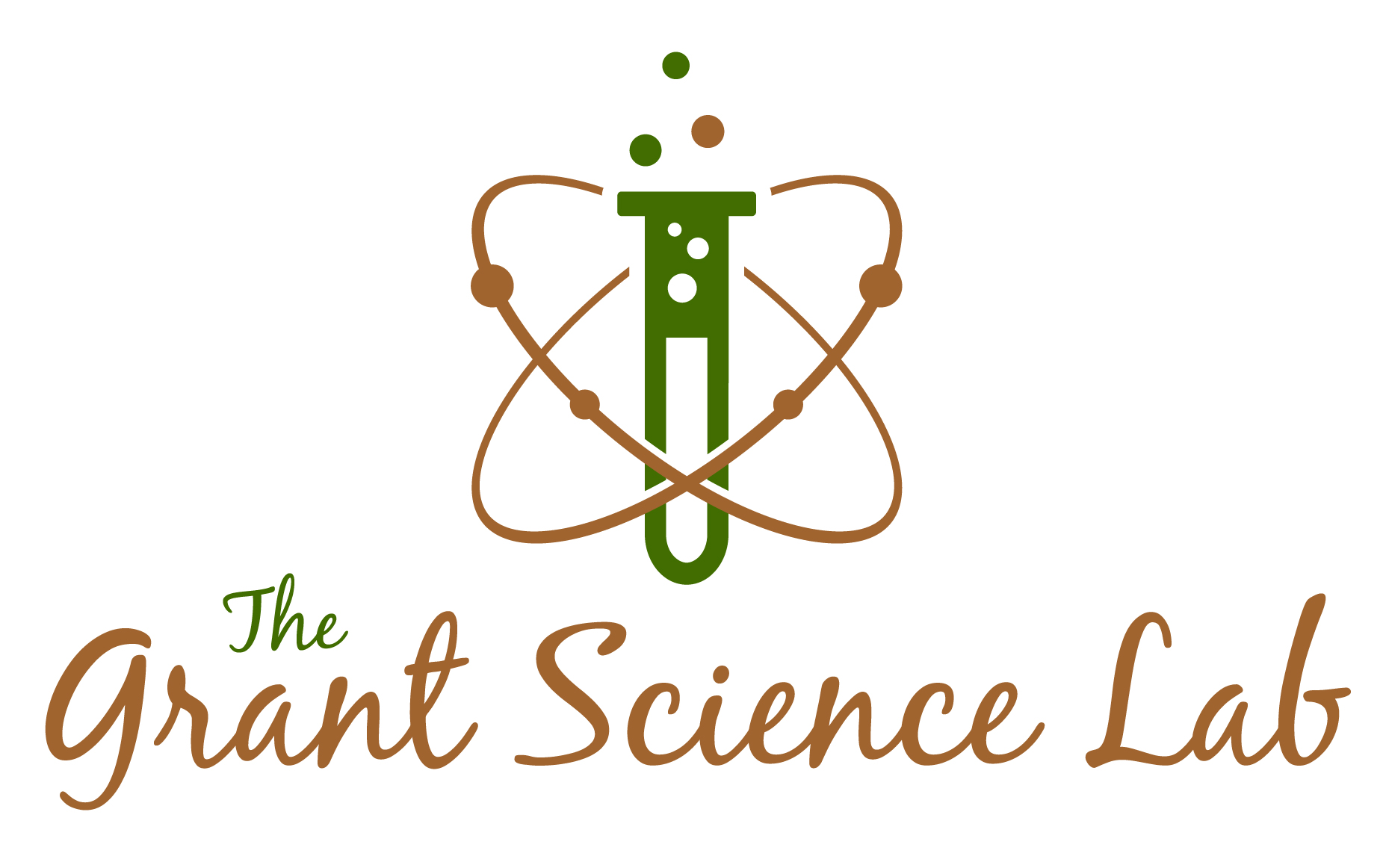Recruiters and Reviewers: Layman, Novice, Expert
 It’s a new year and a new way to think about research grants. Grant consulting represents a possible alternative career path to academia for doctorate holding folks, especially scientists. Prior experience as a PI or Co-PI combined with review and panel participation probably rules out early career scientists, but it’s an ideal for the mid or late alternative career plan.
It’s a new year and a new way to think about research grants. Grant consulting represents a possible alternative career path to academia for doctorate holding folks, especially scientists. Prior experience as a PI or Co-PI combined with review and panel participation probably rules out early career scientists, but it’s an ideal for the mid or late alternative career plan.
At the end of 2015, the higher education news media published many career advice articles, including ones on alternate careers directed at doctorate holding folk. This essay on transferable skills to alternate career paths from Inside Higher Education struck me as especially relevant to research grant writing. Finding an alternative career means marketing yourself to recruiters. Doctoral training, like being a grant professional, is about the details of research ideas, their relationships, their meaning, communicating their significance, and teamwork throughout the research process – all valuable skills in the wider world. In marketing oneself to recruiters, the article stresses having effective communication skills to multiple audiences. As written documents, grant proposals market your ideas to a panel of scientific peers, not all of whom are experts.
The goal in both cases is to excite the person furthest from your field about your transferable skills or your research ideas. Far afield recruiters and reviewers representing the average person are the ones you must reach. They outnumber the experts and novices. Exciting that recruiter or reviewer means a job offer or a funded grant proposal. The take home lesson for 2016 is remember the average person, the novice, and the expert reviewers as you write your research proposals this year.
Deb Cook PhD

